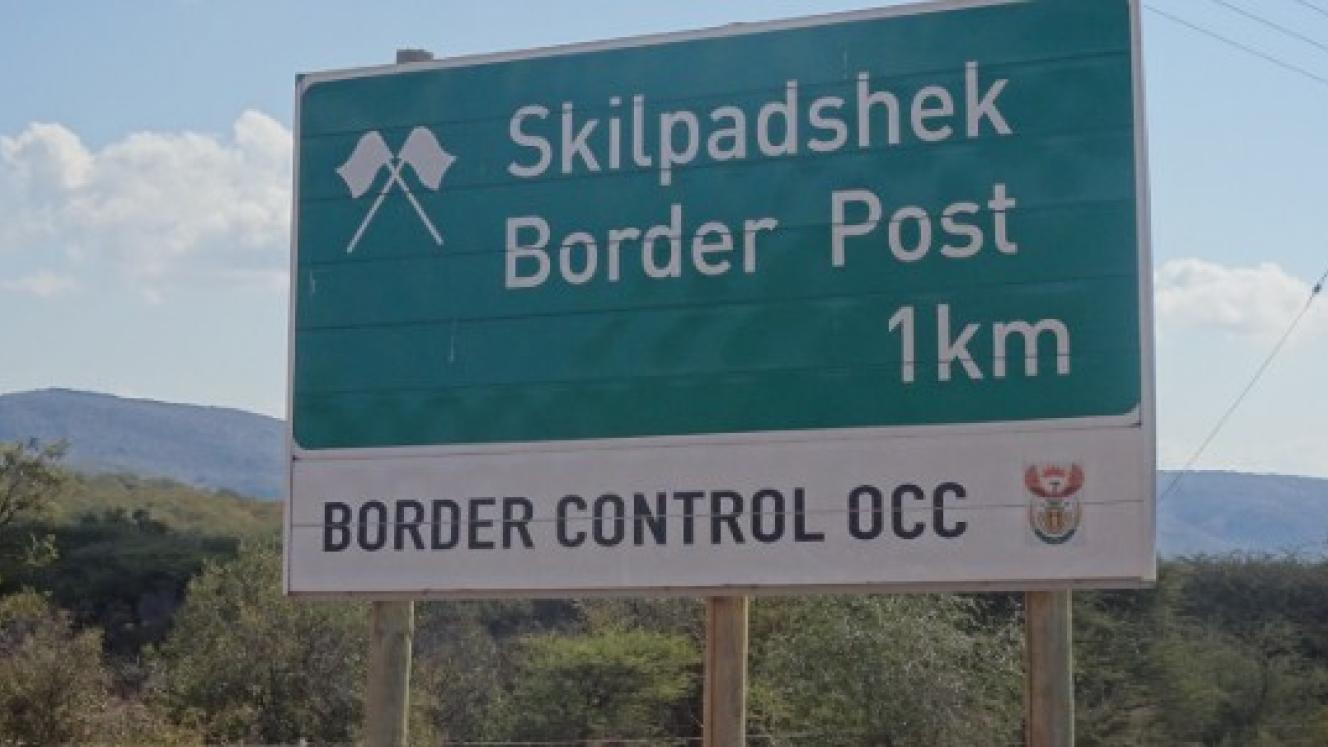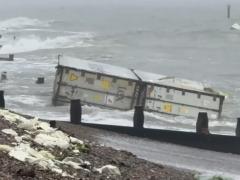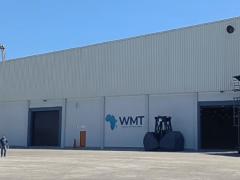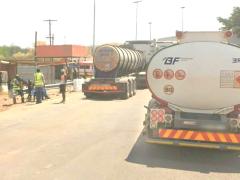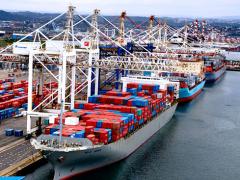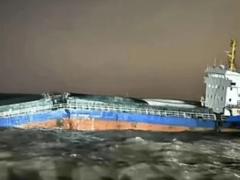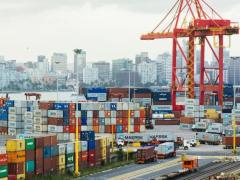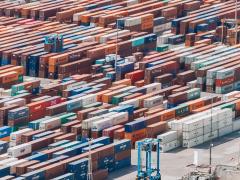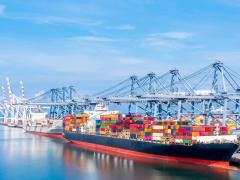Necessity certainly is the mother of invention, digital software service provider Easy Clear has shown with the successful piloting of a new automated multiple-entry system to deal with Botswana’s Unique Consignment Reference (UCR) requirements.
The implementation of UCR by Botswana Unified Revenue Service (Burs) late last year, essentially means that each removal-in-transit (RIT) item has to be independently line-listed for freight on the Trans-Kalahari Corridor (TKC).
It effectively removed cluster clearing for consolidated loads, introducing significant additional entry complexity into the system.
But Easy Clear embarked on a process to tailor software specifically aimed at streamlining entries, general manager Michael Henning says.
Whereas the agency went through the motions on behalf of clients earlier this year, a bulk haulier approached Easy Clear after reading about the software solution in Freight News on 1 July.
Although reluctant to divulge industry-specific information, Henning says the haulier wanted to know how automated UCR entries would assist with shipping a significant quantity of original equipment manufacturer (OEM) parts to Namibia.
“Given the size of the shipment it gave us an ideal opportunity to put the software to the test,” Henning says.
Had the OEM shipper been forced to independently enter all items included in the consignment, it could have taken a day or more to clear the entire load.
“Instead, it took about four hours, saving cost and time,” Henning says.
“There can be 32 declarations on a single manifest, with an average of 75 lines per declaration, which could take up to 24 hours to clear. Now, it is possible to complete the process in four hours, including the internal verification process.”
During a trade visit to Namibia in 2023, Lesley Mpofu, CEO of the TKC Secretariat, said the cross-border trade route connecting Windhoek with Johannesburg through Botswana depended on ongoing innovation.
His remarks back then, made well before the new Burs requirement, specifically mentioned the necessity of enhanced cargo clearing on the TKC.
The implementation of UCR underscored Mpofu’s concern for congestion at border crossings such as Skilpadshek-Pioneer on the once free-flowing corridor, especially when new systems are introduced.
Henning said the software Easy Clear had developed to cope with UCR’s impact on consolidated loads could go a long way towards avoiding the impact un-harmonised borders had on RIT cargo on the TKC.
